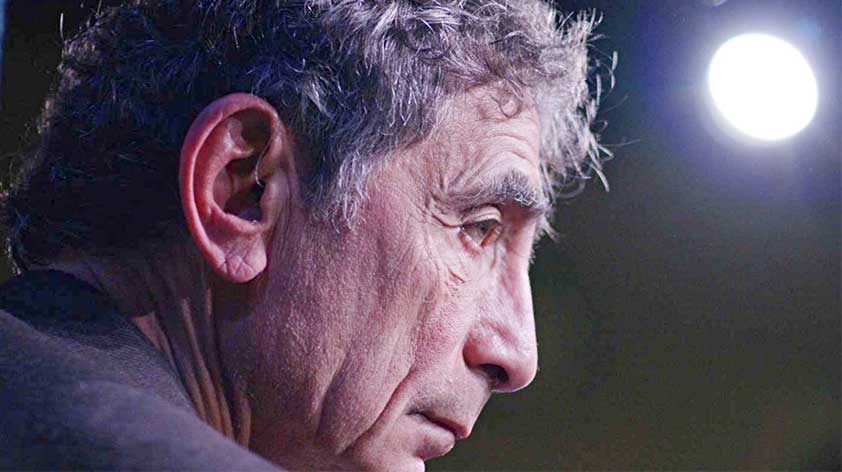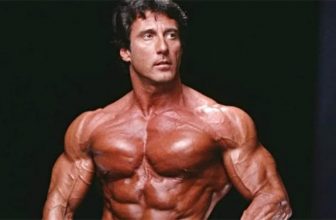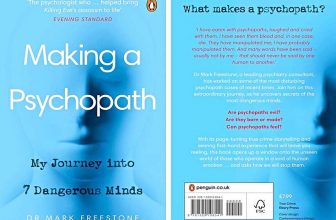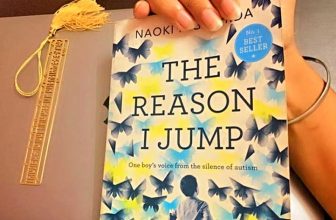
This past fall, I found myself a victim of violent crime. Truly, my worst nightmare had been realized. Trauma is defined as a deeply distressing or disturbing experience. Dr. Gabor Mate is a retired physician, whose life’s work has become helping people work through trauma and discover the wisdom that comes from it. If you’re curious to know more, then check out my takeaways in my review of the film “The Wisdom of Trauma”.
1. “What I found is that the common template for virtually all afflictions, mental illness, physical disease is in fact trauma.”
Dr. Mate starts out by defining the significance of trauma and pointing out how Western medicine is not traditionally trauma-informed. In his 30+ years of studying and practicing medicine, Dr. Mate’ notes that basically all illnesses, be it physical or mental, can be linked to trauma.
He goes on to note that trauma often elevates stress hormones, which trigger inflammation in the body and thus results in various chronic diseases.
He affirms that if Western medicine were more trauma-informed, we may have better outcomes in overall treatment, and most certainly in self-realization and contentment.
2. “Trauma essentially means a disconnection from self…it’s too painful to be ourselves.”
I was touched by this section of the documentary in which Dr. Mate describes how it is completely natural for one who’s experienced horrific events to feel disconnected from one’s own self.
This is a sensation I’ve experienced in the past months, trying to grapple with my own grief and sense of safety. It turns out that during the trauma itself, our brains go into protective-mode, disconnecting our mind from our body, shielding ourselves from the pain.
The trouble is, after the event is said and done, it’s hard to reconnect to ourselves– our minds often keep us in protective mode. Unfortunately, all too often, this leads victims of trauma to substance abuse of all sorts, in an attempt to numb the pain.
3. “The predator can always tell who is without protection.”
Something I’ve realized and that the film also touched on, is that the victim often blames themselves for whatever trauma they endured. For me, it’s easy to be hard on myself for walking where I was, or for not being physically stronger.
However, I was encouraged by Dr. Mate’s assertion that predators can always sense those who aren’t protected. The event, thus, is beyond our control, and it’s essential that we don’t blame ourselves.
Throughout the documentary, I learned how many survivors grappled with the blame, but ultimately worked past it and came to truly love and appreciate themselves. It encouraged me that I too, can arrive at that place as I continue to work through the trauma.
4. “It’s not the question of healing the trauma, or of ever getting rid of the memory of what happened, but to help that person expand so that there’s space for all those emotions.”
An easy defence mechanism from dealing with trauma is denial or distraction. With the memories and flashbacks that come with trauma is a lot of pain.
Many victims find it easier to shove the feelings down and not make time or space for emotions. But according to Dr. Mate, when we make room for these emotions and expand ourselves to accept it for all it’s worth, instead of just “getting over it,” there we find wisdom and growth.
5. “Every human being has a true, genuine, authentic self. And that true, genuine, authentic self can never be destroyed.”
Even in the ugliest of circumstances, our true self remains. Trauma can mask that self and even disconnect us from it. But with time, with exploration of our emotions, and with self-love and care, Dr. Mate encourages us by asserting that our true self can never ever be destroyed! And in that, there is hope.
In closing, one image from this film stood out to me more than anything else. In a California prison, inmates were asked to stand in a large circle in the jail yard.
They were asked a series of questions pertaining to trauma: Were they ever hit as a child? Were they abused? Were they yelled at? More often than not, did they feel emotionally neglected? If the inmates answered yes, they stepped forward in the circle.
With each question, I noticed the majority of participants stepping further and further inside the circle. What became apparent to me is that trauma is a vicious cycle, one that is often passed down through generations! As bleak a reality as it is for me – could it be possible, even probable, that my perpetrator was a victim of trauma himself? And if that’s so, will I choose to work through my trauma, reap the wisdom from it, and stop the cycle on my end?
Trauma can be a deeply personal and isolating experience. But, more of us have been through it than you would think! And while that is a grim realization, there is hope that we can work through our emotions, and our past, together! Are you the victim of a traumatic experience? Are there any techniques that have helped you move forward and reap wisdom? Do share with us on Facebook, Twitter & Instagram!
Click here if you would like to see “The Wisdom of Trauma”, for yourself! (No donation is necessary, but any is appreciated to contribute to Dr. Gabor Mate’s work.)
Why not gather some extra in depth insights from some of our featured interviews with eminent doctors such as: Dr. Laura Freeman, Dr. Niall Campbell, Dr. Jill Bolte Taylor, Dr. Jeff Rediger, Dr. Jonathan Chang, Dr. Gemma Newman, Dr. Thuli Whitehouse and Dr. Michael Dixon?









